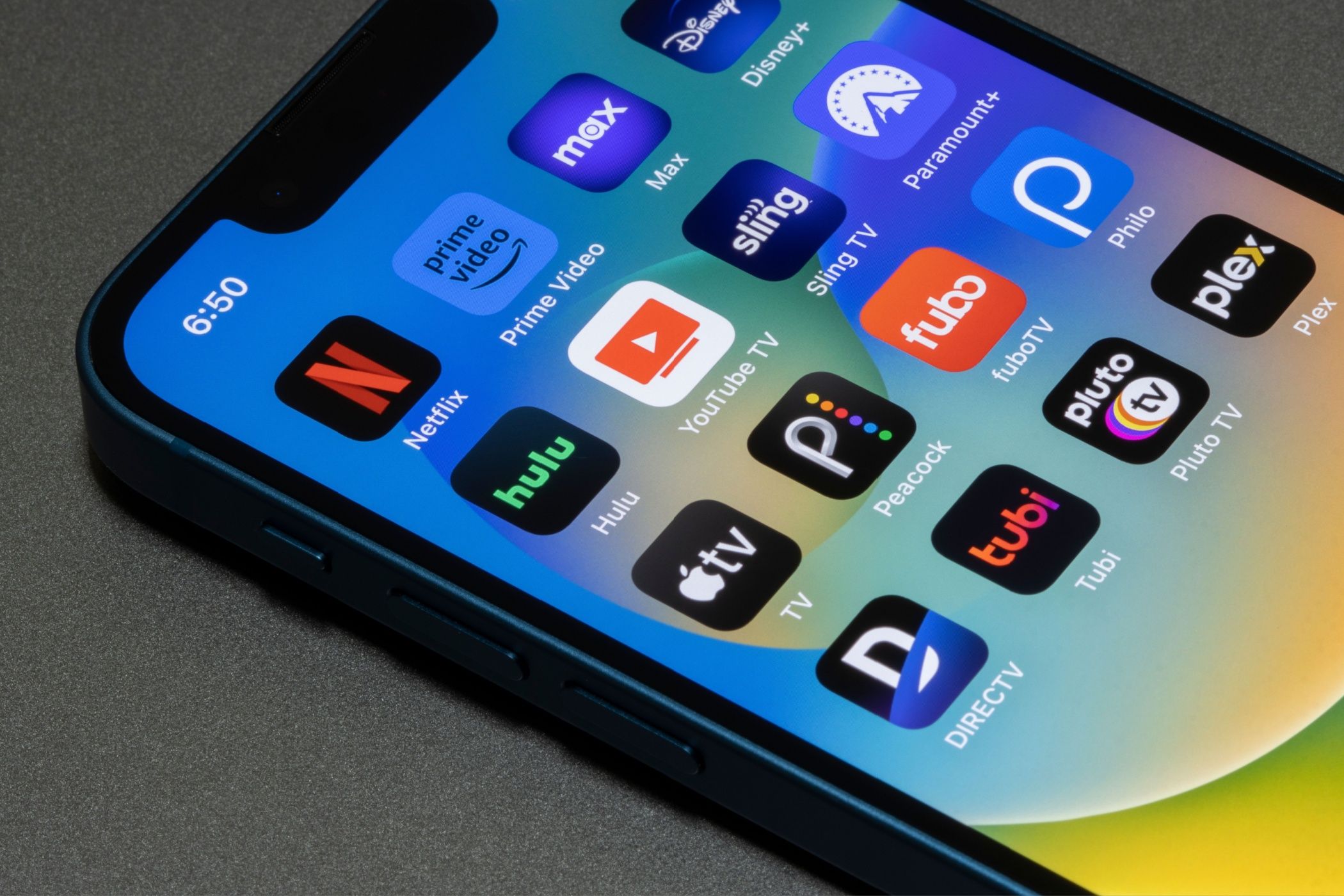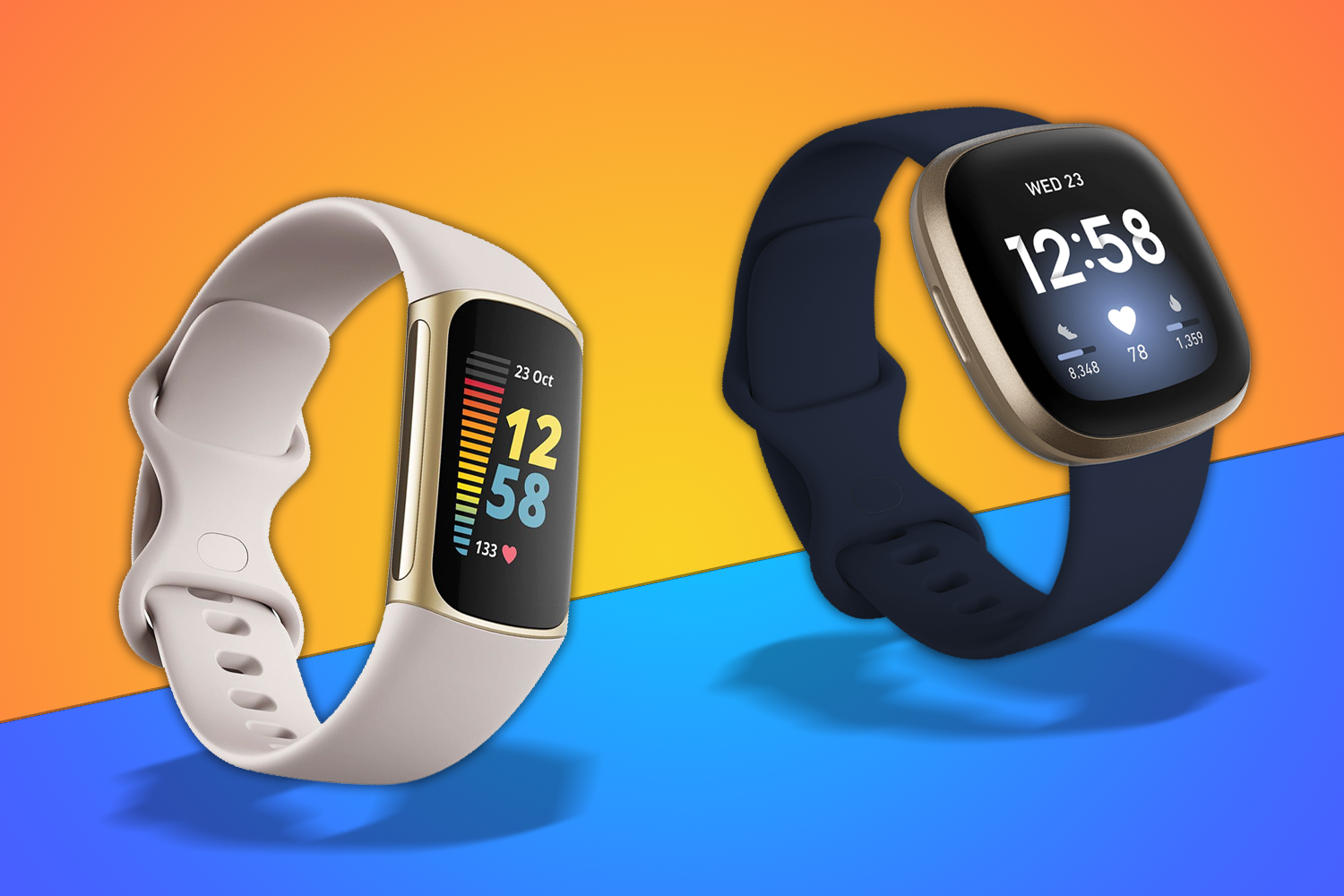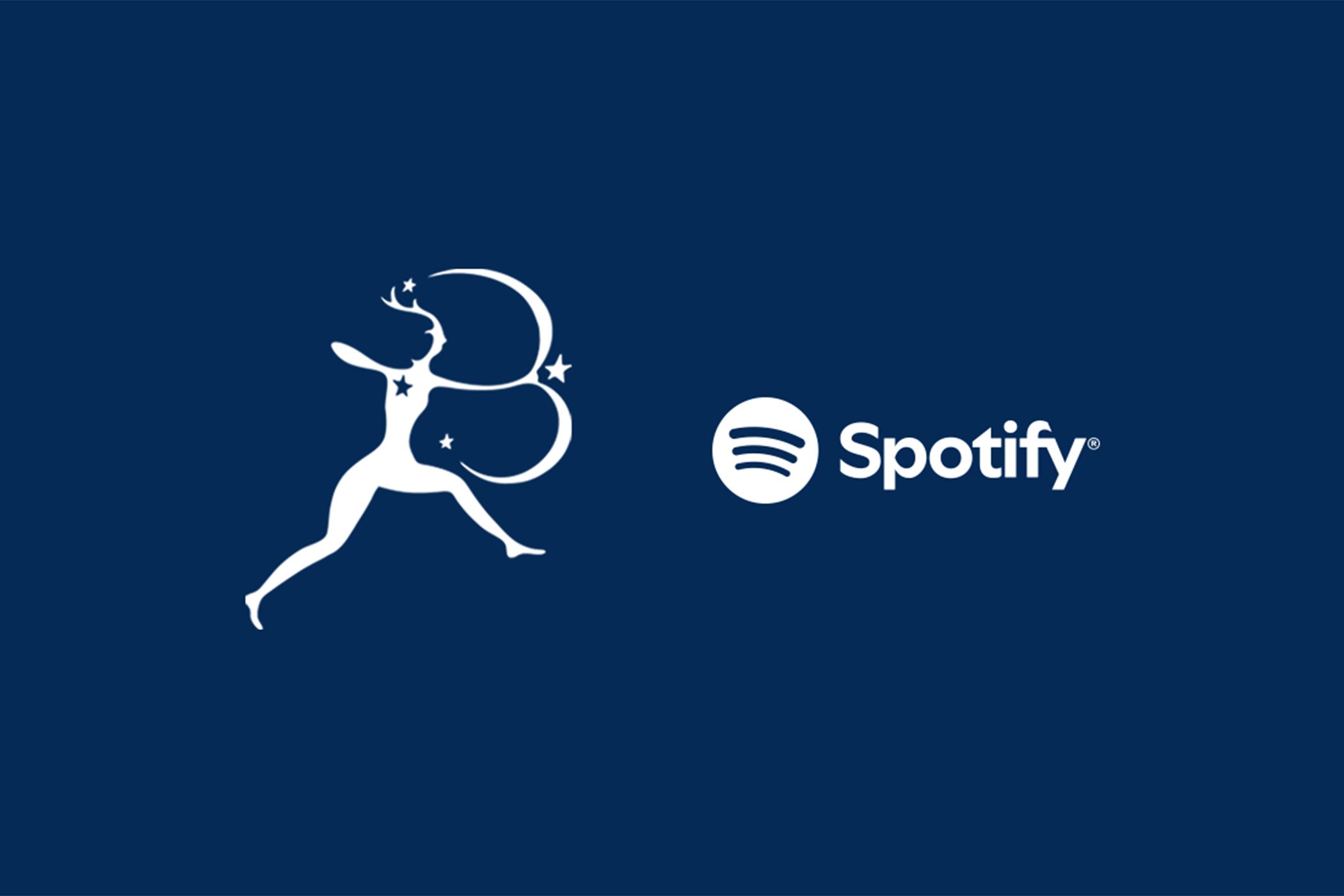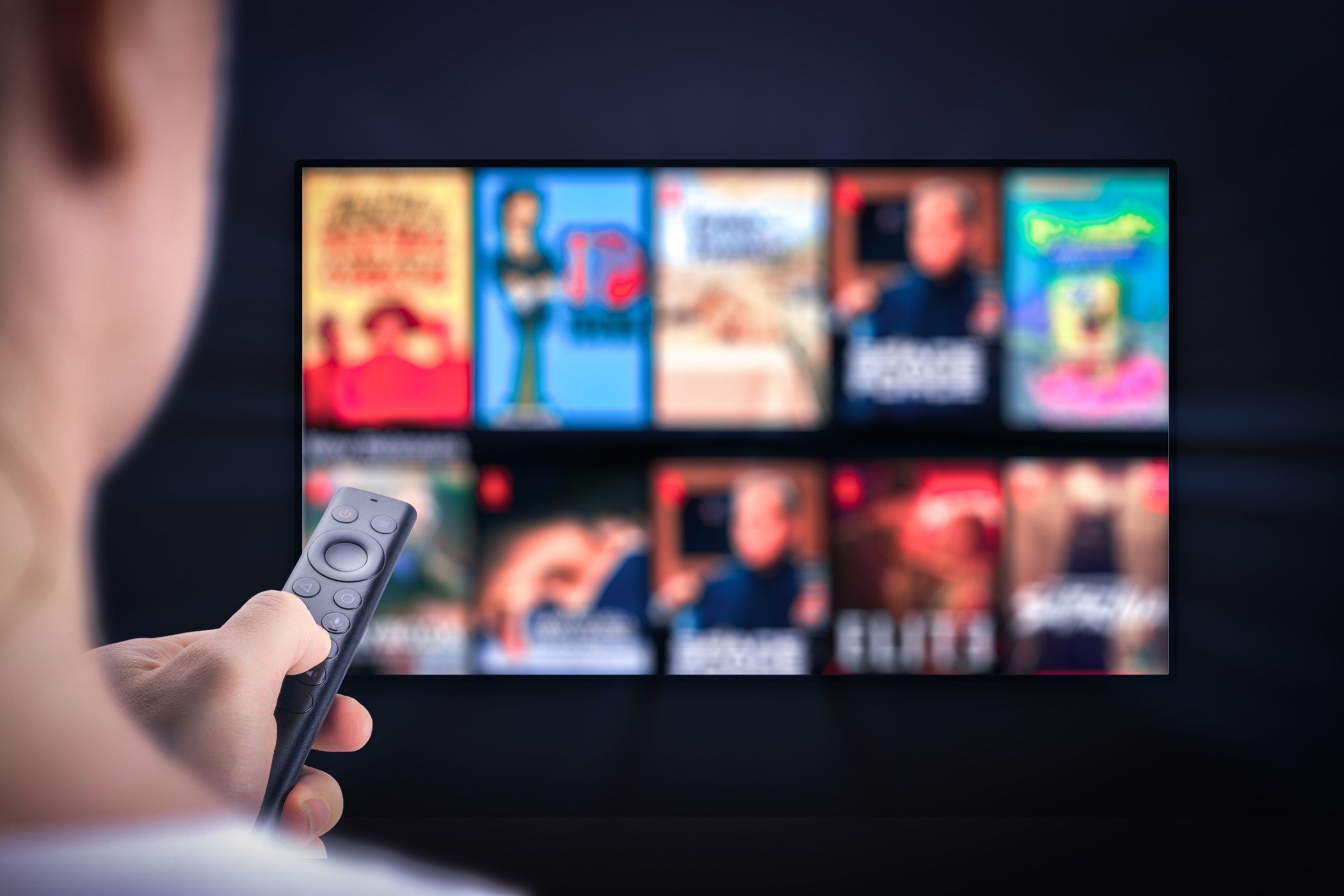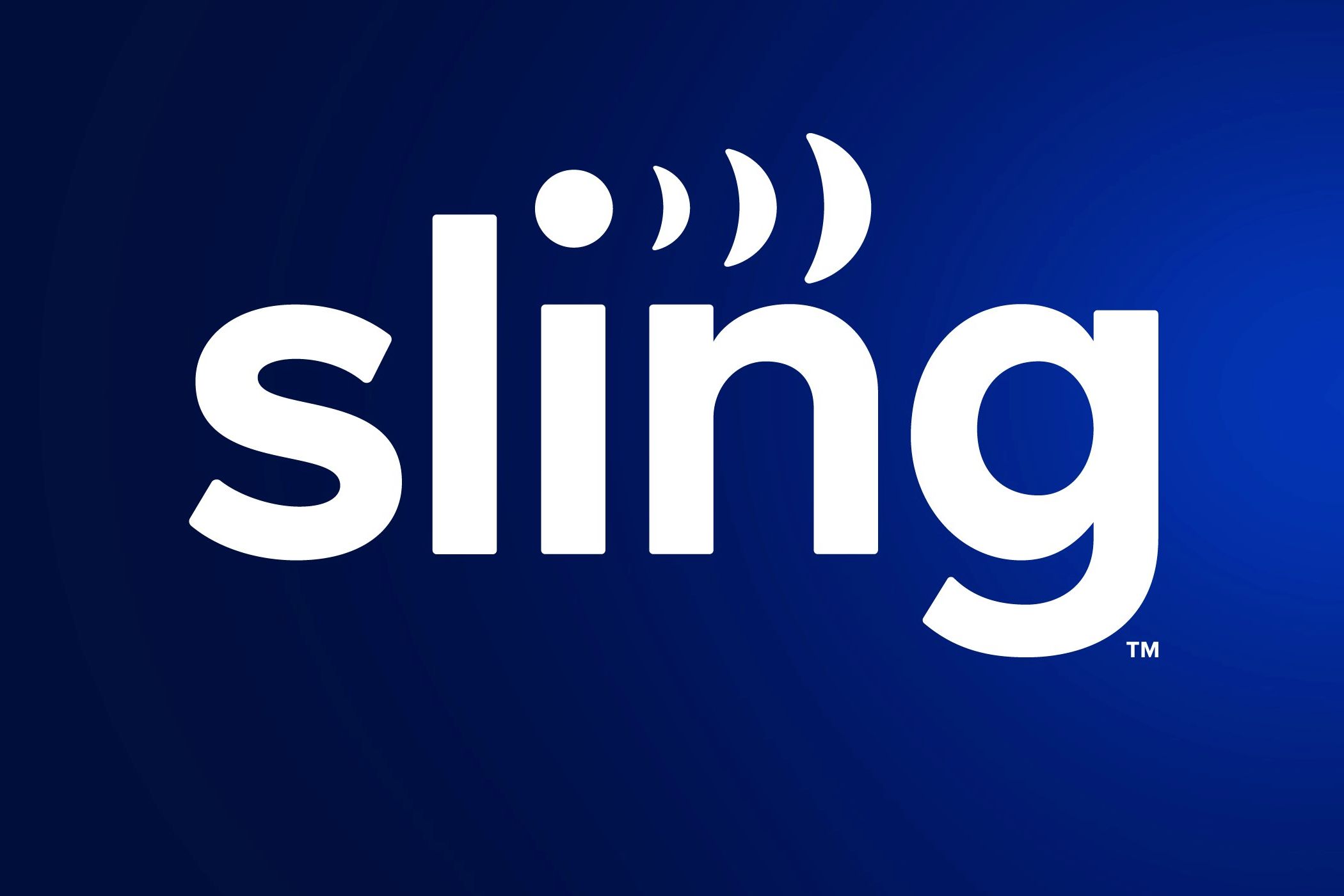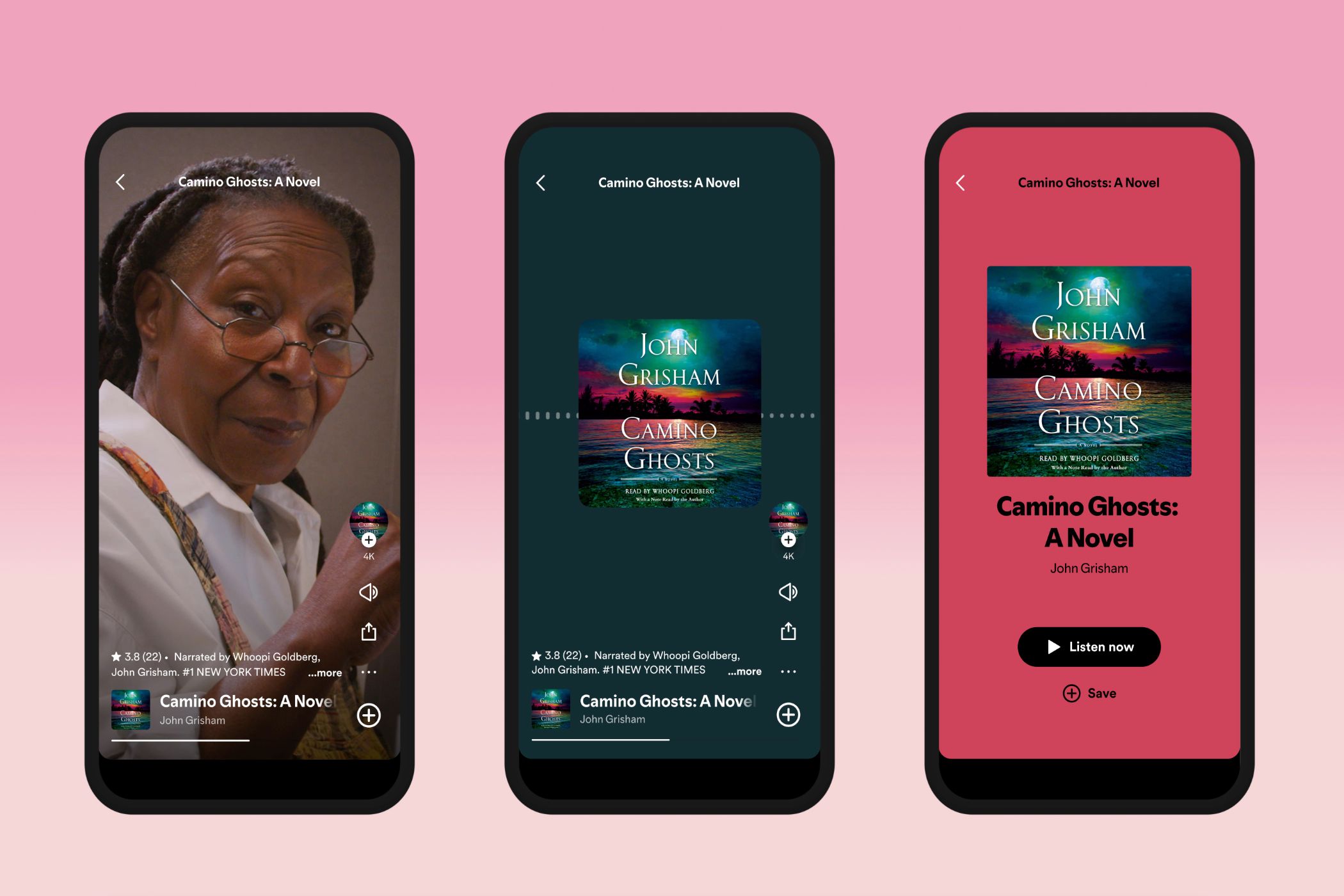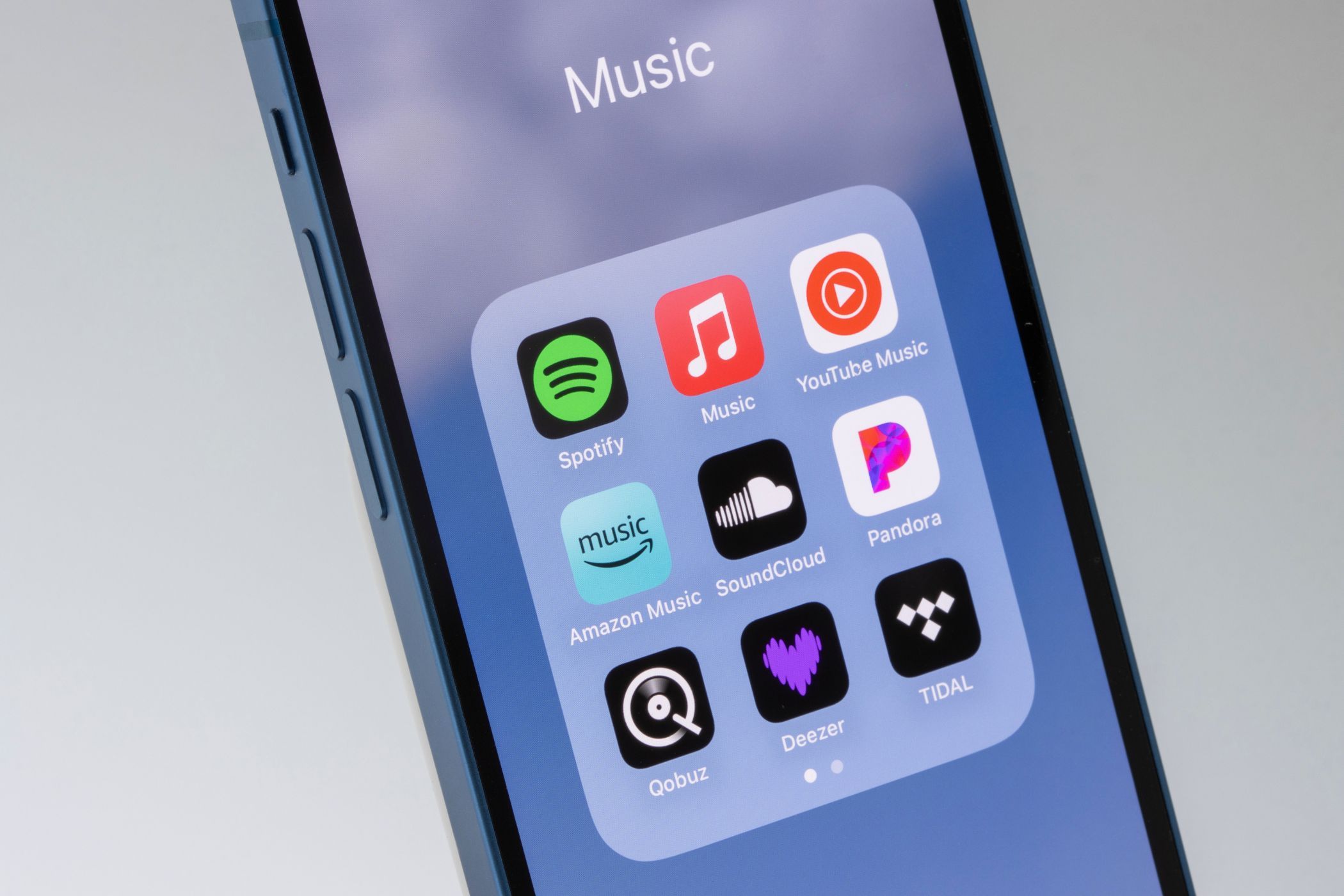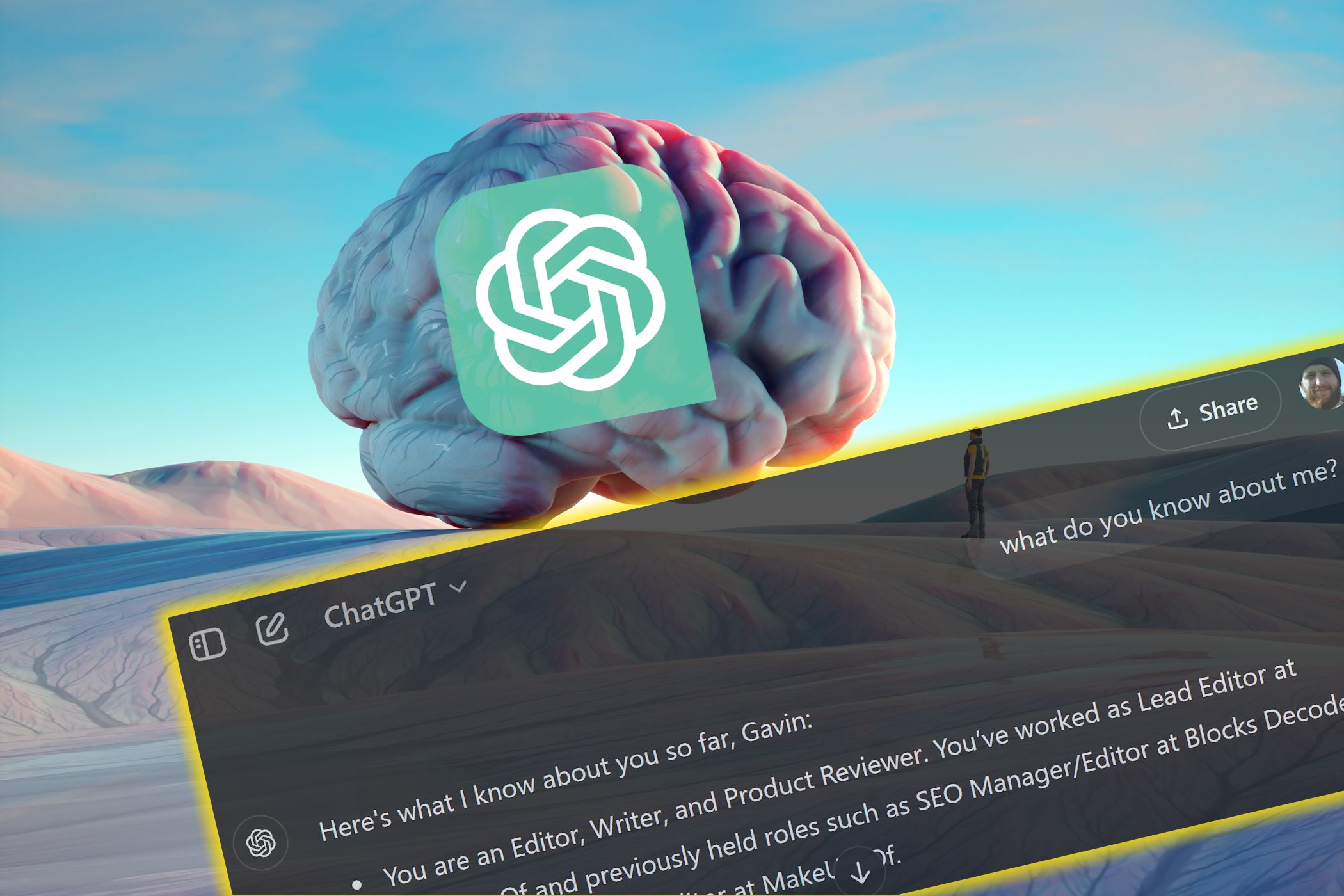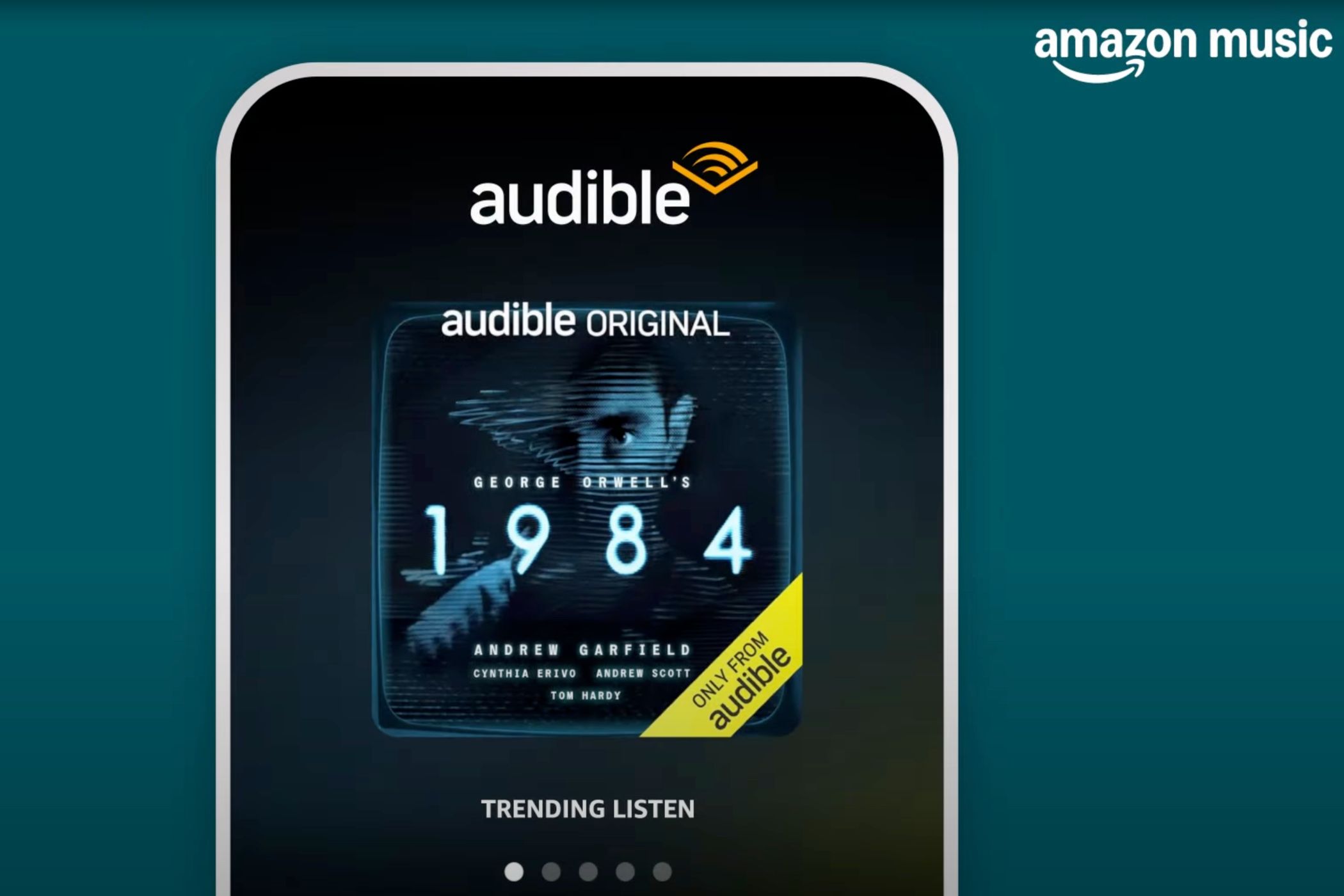If you’re like me, you’ve probably scrolled through Netflix only to see that it seems to know you better than you do. This is actually because of AI and is yet another example of how this tech is worming its way into everything we watch.
The Role of AI in Content Curation
At the heart of any streaming service’s recommended list is an algorithm that uses AI to analyze everything from our viewing habits and preferences to the time of day we prefer to watch certain shows.
These algorithms digest countless data points every minute, taking into account everything from what we’ve rated favorably or unfavorably to the genres we’ve binged the most. They then use that information to craft personalized suggestions that mirror each of our unique tastes.
By predicting what we might want to watch next, AI not only saves us from endless scrolling but also diversifies our viewing experience—encouraging exploration of personalized genres while steering us clear of things it doesn’t think we want to watch.
Of course, AI’s impact isn’t just about convenience; it also affects our binge-watching habits. By crafting playlists that are easy to get stuck on and highlighting exclusive releases, AI taps into our psychology, often triggering us to consume content in marathon viewing sessions. That means more play time and bigger viewership numbers for the streaming service.
Beyond Recommendations: AI in Content Creation
Beyond simply curating content, AI is also being used in creative practices, like using ChatGPT to write scripts. Tools are being developed every day to help writers out by generating everything, including dialogue suggestions or plot ideas. While AI isn’t replacing creative minds (and hopefully never will), it is coming to be used as a tool that allows writers to explore new narrative avenues.
Now, the emergence of AI-generated content is not far behind, and the idea of totally AI-generated shows is both interesting and kind of scary to me. We could see everything from digital characters created and animated through machine learning, as seen in virtual influencers and deepfake technology. These innovations challenge the traditional boundaries of storytelling and open new pathways for creators to get their stories out there.
But here’s the thing. By analyzing all those data sets, AI can predict popular trends and suggest themes or elements likely to captivate audiences. While this allows creators to fine-tune their scripts, casting, and marketing strategies, that also means that popularity will win out.
Think of it this way: once Marvel became popular, we saw an explosion of superhero movies. Or think of how, following the Harry Potter series release, we saw more “teen-oriented” us vs. them series like Hunger Games and Divergent. If AI sees a certain genre’s popularity, it will recommend more of that specifically, meaning creativity might go down instead of up.
The Future of AI in Streaming
Looking to the future, we can anticipate AI technologies such as augmented and virtual realities as the next big thing in streaming services. These technologies may be able to offer a more enriched and potentially better viewing experience than we’ve ever seen before, and it is exciting to see what that could bring.
As I mentioned earlier, AI could also help bring movies and series to viewership quicker and easier. By automating various elements of filmmaking, from script writing to post-production, AI reduces manual labor and lets creative professionals focus on more nuanced and, quite frankly, creative tasks. As these technologies continue to evolve, we, the audience, could look forward to fresher content with a shorter waiting time, something I think many of us look forward to.
On an even more practical level, AI innovations could boost content delivery, optimizing things like streaming quality or reducing latency and improving loading times. This could be helpful to someone like myself who lives out in the middle of nowhere and struggles with getting good internet. Or AI might facilitate more efficient data compression without compromising on quality, which means we could see faster downloads and reduced bandwidth consumption, again helping with the same problem. But that could also mean we are more likely than ever to watch what that AI, and thus those streaming services, wishes us to watch rather than just “whatever is on.”
As AI continues to weave itself into the very fabric of the entertainment and streaming industry, it is important that we all recognize just how subtly yet profoundly it is affecting our own viewership. It guides what we watch and how we consume the media, but human creativity must remain at the heart for it to continue being effective into the future.

